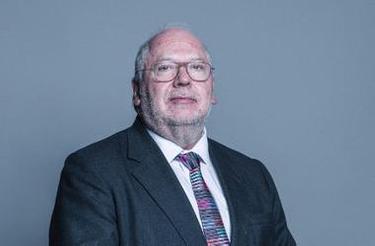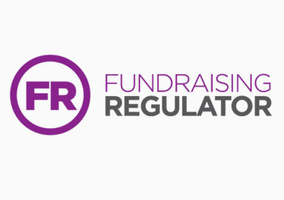The Fundraising Regulator’s chair has said that an “erosion of public trust” caused by subcontracting bad practice has an impact on all charities.
Lord Harris told Civil Society that recent news reports of external fundraisers using pressure-selling techniques on donors are “clearly damaging” and the sector must be “constantly mindful” that there could be further media coverage to undermine public trust.
He said a report last month that GOSH Charity had reported itself to regulators after allegations about its subcontracting practice had caused concern “for a completely unrelated charity about their means of fundraising”.
“That’s the way you know the erosion of public trust has an impact on all charities,” he said.
Last year, the regulator opened its first-ever market inquiry to look into issues with charities using subcontractors.
Market inquiry ‘almost pushing at an open door’
Charities using subcontractors must have “line of sight” of any fundraising that is carried out in their name, Lord Harris said in a speech at the regulator’s annual event yesterday.
An undercover investigation by WalesOnline last August found that subcontractors had “tricked” people into donating to SOS Children’s Villages UK and the National Deaf Children’s Society.
Lord Harris told Civil Society that opening its market inquiry in response was “almost pushing against an open door”.
The results of the market inquiry are set to be released in the next few weeks and will provide recommendations to all charities on the subcontracting environment.
“Most of the charities we’ve engaged with really want to get this right,” he said.
“Some of them are really nervous about the fact that they can’t be confident as to what’s happening. So, what is it they can do to reinforce some facts about the contract terms?
“If you are subcontracting or you are contracting, what do you actually say in there? What is your mechanism for saying: ‘Hey, you breached the contract. We’re withdrawing from it.’
“Have you specified that in enough detail and specified what your expectations are of the contractor in terms of the individual people who are going to people's front doors? Those are the sorts of issues that we've got to look at and charities have got to look at.”
Increases to the fundraising levy
The Fundraising Regulator opened a review into its proposal to increase the voluntary levy it charges charities in December, which constitutes the majority of the regulator’s funding.
Some 98% of its members paid the levy last year, and Lord Harris said he hoped this high proportion would continue after the rate increases.
He said he hoped charities recognise that paying the voluntary fee is “in their interests and the wider interests of the sector”.
“Obviously, charities are under financial pressure, but they’ve been under financial pressure this year,” he said.
Lord Harris said that if the increase goes ahead as the regulator has proposed, it is likely to be higher for the larger charities and he “hopes we will continue to have the confidence of the sector”.
“Nobody likes paying more money,” he said.
“But equally there are plenty of charities who recognise the importance of the Fundraising Regulator being able to be proactive and being able to get ahead of the game, which is what this is about – so as to avoid the traps that the charity sector might fall into, which then reflects badly on every charity.
“The 2% or so that don’t choose to pay the regulator, I hope that’s not because they think ‘well, we don’t need to bother because everybody else is paying’, but that they will recognise that they’ve got a responsibility as well.”
Managing a growing caseload
For the financial year ending August 2023, the regulator recorded a 6% increase in incoming cases to 1,147.
Lord Harris said a rise in complaints can be for a number of reasons, which could include the regulator becoming better known, a return to in-person events after the Covid-19 pandemic and complainants having a personal issue with a charity,
The regulator has to put more resources into complaints handling as a result, he said.
“That inevitably has to be the case because what we don’t want is for the cases to take an inordinate amount of time,” he said.
“And we have our own indicators, obviously depends on the complexity of the individual case, but it’s in nobody’s interest if these cases take three, four or five years to resolve. None of them take that long.”
At the regulator’s annual event yesterday, chief executive Gerald Oppenheim said the Fundraising Regulator continues to close 94% of cases within four weeks.
Guidance on AI would be ‘premature’
Lord Harris said the regulator is trying to identify the issues surrounding artificial intelligence (AI) such as micro-targeting of donors and the manipulation of images but it is not planning to publish guidance.
“I think it’s premature to do that [issue guidance], but we need to start thinking about it,” he said.
“The charity sector will no doubt be thinking about it. We just need to make sure when we’re moving in lockstep on those issues.”
He said issues surrounding AI and technological advances were one of the reasons the regulator set up its proactive regulation function last year, so it could identify issues in the sector before they “crystallise”.












